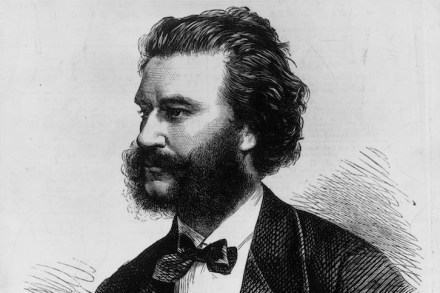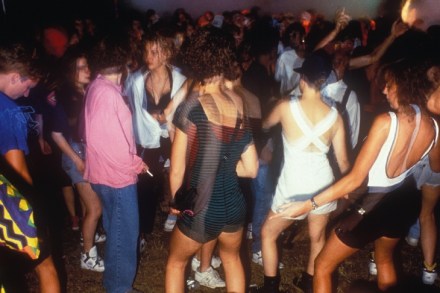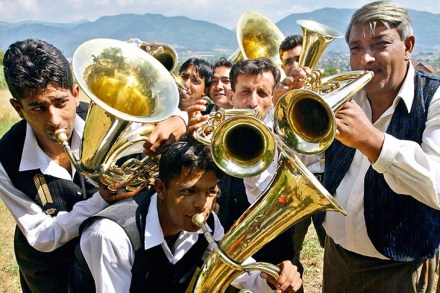Viennese whirl
‘First performance: Vienna, October 3, 1880’ declares the programme for Opera della Luna’s new production of Johann Strauss’s The Queen’s Lace Handkerchief. ‘First British Performance: Wilton’s Music Hall, London, August 29, 2017’. They’re not joking: this really is the first full UK staging of the Waltz King’s single most successful (in his lifetime, anyway) operetta. It’s a major event, and the director Jeff Clarke duly follows up with one of those quasi-academic articles that you get in programme books at big opera houses explaining how La bohème predicted Mussolini, or whatever. Still kept awake at night by the liberal reform agenda of Crown Prince Rudolf of Austria-Hungary? Well, hold tight,




















